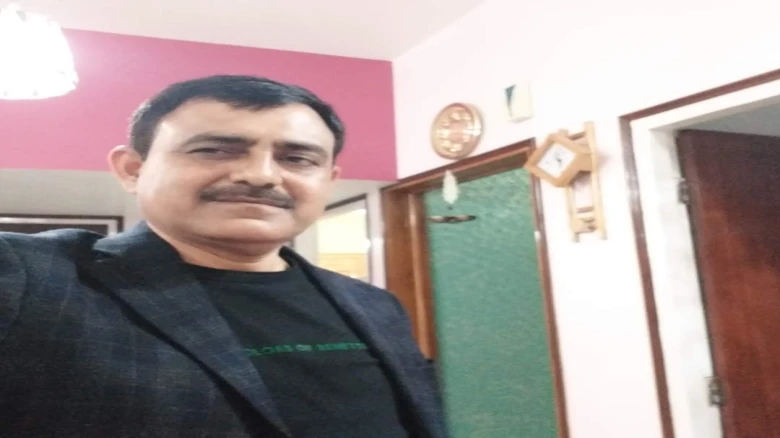Regional

The arrest unfolded at the Dhriti Prava Hotel in Hangerabari, where Engineer Jayanta Goswami was receiving the illicit payment
Digital Desk: In a significant development, Executive Engineer Jayanta Goswami from the Public Health Engineering Department (PHED) North Lakhimpur Division has been apprehended by the anti-corruption branch for his involvement in corrupt activities. The arrest came after Goswami was caught red-handed accepting a bribe amounting to Rs 20,000 at a hotel in Hangerabari, Guwahati.
The arrest unfolded at the Dhriti Prava Hotel in Hangerabari, where Engineer Jayanta Goswami was in the midst of receiving the illicit payment. Goswami, who holds the esteemed position of Executive Engineer within the North Lakhimpur division, now faces serious legal repercussions for his actions.
In response to the arrest, the anti-corruption cell wasted no time in conducting raids at Jayanta Goswami's residence in Hangerabari, further intensifying the investigation into the bribery scandal.
Corruption in India is a widespread problem that has serious implications for the rule of law and access to justice. Professor Bibek Debroy and Laveesh Bhandari claim in their book Corruption in India: It is estimated that public officials in India may be embezzling as much as ₹921 billion (US$12 billion), or 1.26 per cent of the GDP, through corrupt activities. The industries most vulnerable to corruption include infrastructure and real estate, metals and mining, aerospace and defence, and power and utilities, where high use of middlemen, large value contracts, and liaisoning activities drive the depth, volume, and frequency of corrupt practices.
The lack of accountability for official misconduct persists at all levels of government in India, contributing to widespread impunity. While investigations and prosecutions of individual cases take place, lax enforcement, a shortage of trained police officers, and an overburdened and under-resourced court system contribute to a low number of convictions.
Leave A Comment